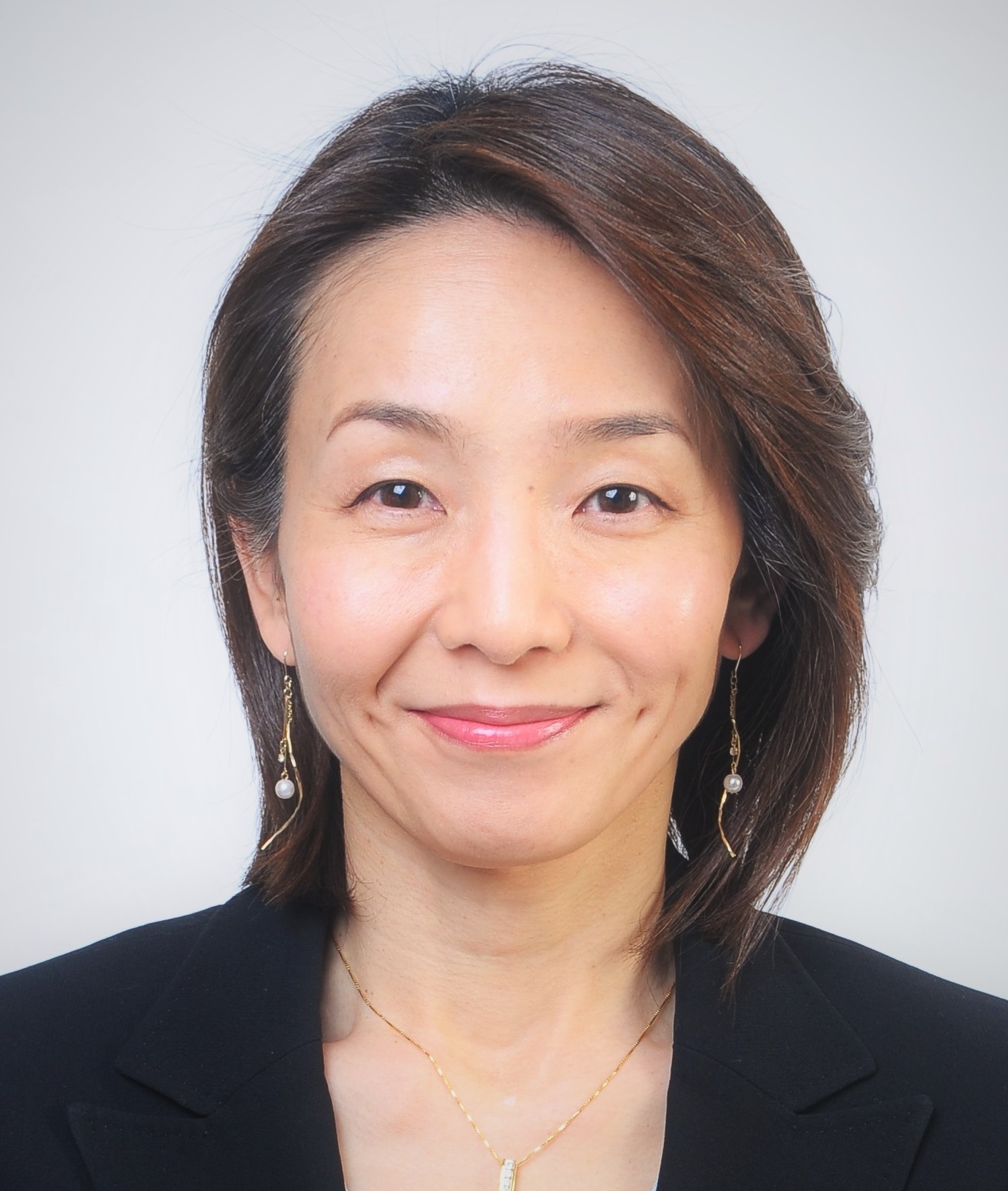Summary
On March 13, 2023, FORUM 2000 published the policy paper “What Is the Future for Global Cooperation on Democracy?”, which was co-authored by Professor Maiko Ichihara, GGR researcher and member of the Hitotsubashi University Graduate School of Law. The professor wrote this policy paper with renowned researchers and scholars in the field of democracy and freedom. The overall aim of this paper is to assess the current state of cooperation on democracy and suggest how the Summit for Democracy (S4D) should proceed after its second summit in late March 2023. The authors first indicate the significance of the new and comprehensive “cohorts” which are divided into seventeen specific themes. After assessing the general impact that these cohorts have had across various regions, they argue that there has been a lack of commitment by governments after the first summit held in 2021. In regard to the second summit, the authors show their concern about how the events do not provide much opportunity to hold talks beyond regional boundaries. In the second section, the report highlights the geopolitical change that has occurred since the first summit, namely Russia’s invasion of Ukraine and China’s shift in its zero-COVID policy. In light of these political dynamics, Professor Ichihara and her co-authors argue that the S4D cohorts need to focus on high-level aspects of democratic coordination. In presenting a more specific proposal for the upcoming summit, the authors call for shared leadership to ensure that a wide range of democratic states can feel a sense of autonomy in steering the process for democratic coordination. One of their suggestions is to have each regional convention elect one leading country and to have these leading countries from each region gather to oversee activities throughout a one-year term. Furthermore, the report suggests that the profound issue of invitations could be overcome by having regional hosts partner with other regional bodies and civil society organizations. In the end, the authors assert that the S4D Summit should shift from a state-centered approach to one that comprehensively focuses on global democrats. Not only would this mean the inclusion of civil society organizations, but also the Global South as well. The report proposes that the Summit, which started as an intergovernmental scheme, transforms into a public-private network that incorporates actors from various states and sectors. This would mean that the S4D stray from its current initiative and move towards “a more strategic, more inclusive, and tailored democratic coordination.”


